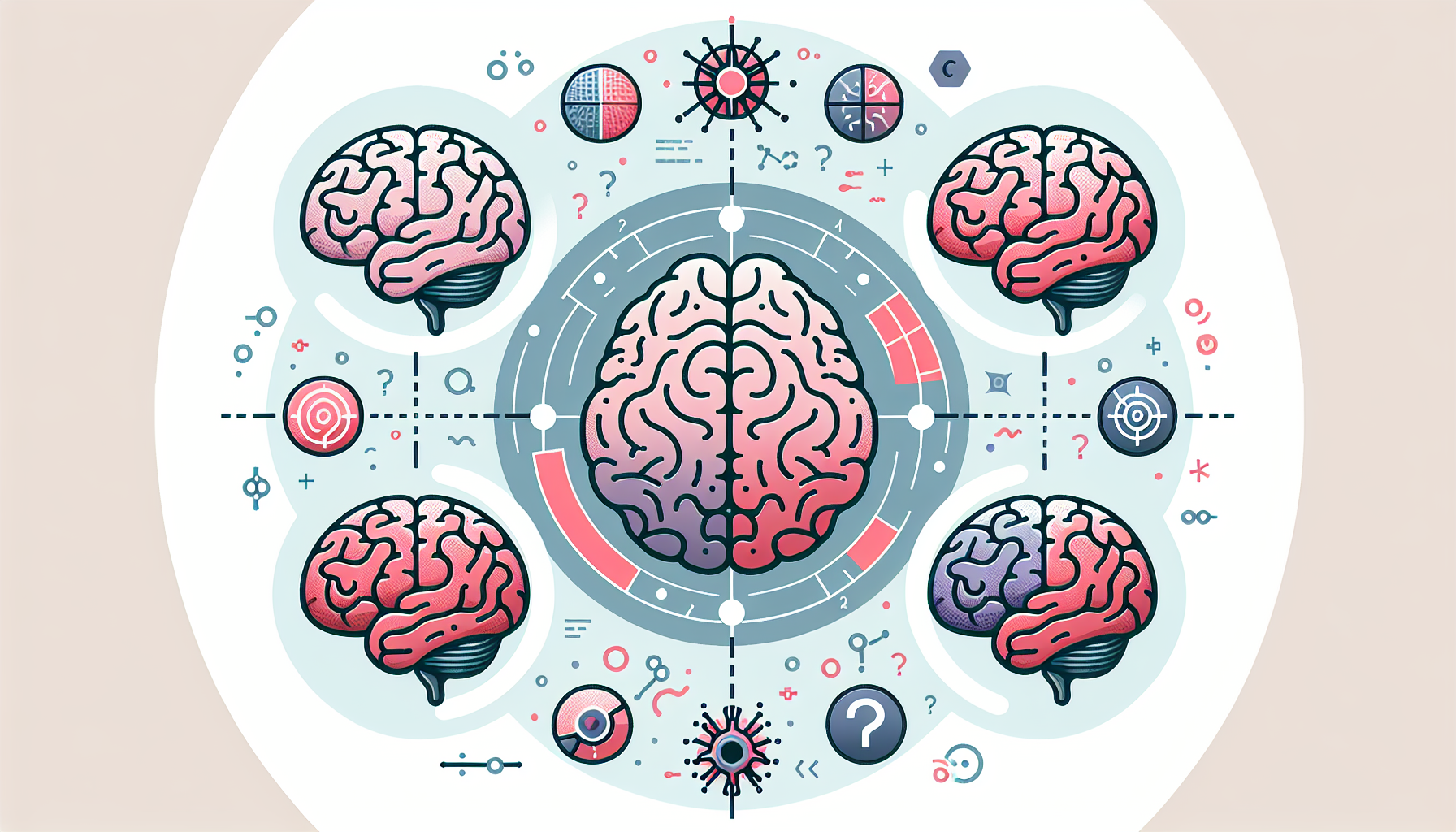Anorexia nervosa is a serious eating disorder characterized by an intense fear of gaining weight, a distorted body image,1 and restrictive eating behaviors.2 Individuals with anorexia often engage in excessive dieting, exercise, or purging behaviors to maintain a dangerously low weight.
Symptoms of Anorexia Nervosa
- Restricted Eating: Significantly limiting food intake.
- Intense Fear of Gaining Weight: A persistent fear of gaining weight or becoming fat.
- Distorted Body Image: A distorted perception of one’s body shape and size.
- Excessive Exercise: Engaging in excessive exercise to burn calories.
- Purging Behaviors: Using methods such as vomiting, laxatives, or diuretics to rid the body of calories.
Causes of Anorexia Nervosa
The exact causes of anorexia nervosa are not fully understood. However, a combination of biological, psychological, and environmental factors may contribute to its development. Some potential causes include:
- Genetic Factors: A family history of eating disorders or other mental health conditions may increase the risk.
- Psychological Factors: Low self-esteem, perfectionism, and negative body image can contribute to the development of anorexia.
- Social and Cultural Factors: Societal pressure to be thin and the idealization of thinness can contribute to eating disorders.
- Biological Factors: Imbalances in neurotransmitters, such as serotonin and dopamine, may play a role.
Treatment of Anorexia Nervosa
Treatment for anorexia nervosa often involves a multidisciplinary approach, including:
- Psychotherapy: Cognitive-behavioral therapy (CBT) can help individuals identify and challenge negative thoughts and behaviors related to food and body image.
- Family Therapy: Family therapy can help improve communication and support within the family.
- Medications: Antidepressants may be used to address underlying mental health conditions, such as depression and anxiety.
- Nutritional Rehabilitation: A registered dietitian can help individuals develop healthy eating habits and regain a healthy weight.
- Medical Monitoring: Regular medical check-ups are important to monitor physical health and address any nutritional deficiencies.
It’s important to seek professional help if you or someone you know is struggling with anorexia nervosa. Early intervention and treatment can significantly improve the chances of recovery.



